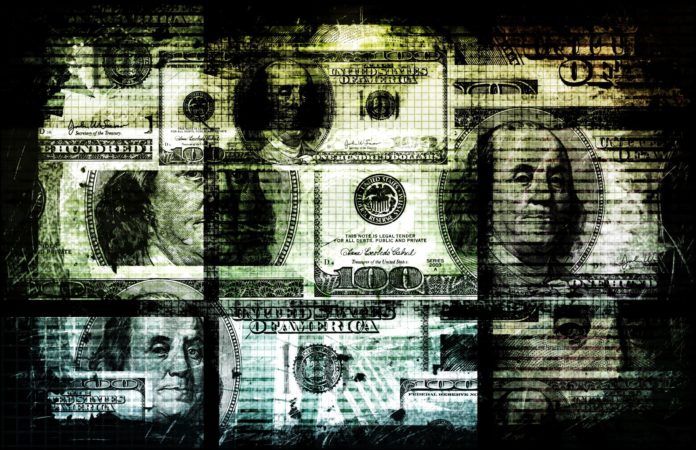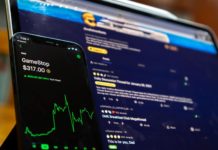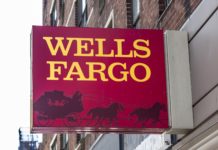For a period of 18 years, some of the largest United States and global banks allegedly moved trillions of dollars despite flagging transactions that were suspicious or potentially criminal. This came to light due to leaked documents according to the International Consortium of Investigative Journalists (ICIJ), Buzzfeed News, and others contributing to the FinCEN Files. The leak of confidential documents from the United States Treasury shows thousands of Suspicious Activity Reports (SARs) that were filed by major U.S. Banks. While SARs do not indicate wrongdoing, nor are they evidence of a crime, SARs are sent to federal authorities when potential illicit activity is witnessed.
Banks have 60 days (30 days with the ability to extend another 30 days) to file a SARs report to the United States Treasury Department Intelligence Unit: The Financial Crimes Enforcement Network, also known as FinCEN. At which time FinCEN would look into the suspicious activity as their mission is to protect the United States financial system from money laundering, terrorism, and other forms of illegal conduct dealing with finances. The nature of SARs are so confidential that banks can not legally discuss publicly any report, and regulators and law enforcement rarely comment on their existence. Curated by Buzzfeed News and the ICIJ, thousands of SARs documents were leaked, many of which detailed that SARs reports were filed years after witnessing alarming transactions — and not within the required 60 days.
The documents revealed that more than $2 trillion dollars from 1999 – 2017 were allegedly funneled through United States banks from suspicious individuals and corporations in more than 150 countries, with Deutsche Bank moving more than $1.2 trillion of those dollars. JPMorgan Chase moved more than $500 billion. Other major banks include HSBC, Standard Chartered Bank, Bank of New York Mellon, Barclays, Wells Fargo, Western Union, and more. So far, the leaked FinCEN files have exposed several high-profile figures worldwide, including Paul Manafort who was the former head of President Trump’s campaign during the Summer of 2016. According to the documents from 2003 – 2017, Manafort made over 600 transactions for more than $100 million dollars while being cited in 33 separate suspicious activity reports.
Despite many of these banks receiving fines and other types of regulatory actions against them by U.S. regulators for their failures to root out corruption and dirty money, the FinCEN documents show that the banks continued to overlook, or turn the other way as illicit funds were passed through their channels. Reportedly, banks like JPMorgan helped move the funds of corrupt companies and individuals including $1 billion for a fugitive caught up in a political scandal in Malaysia. In some cases, the banks were not even aware of who was effectuating a transaction, but would approve and move funds, sometimes into offshore accounts without hesitance.
JPMorgan was also linked to maneuvering funds, which ultimately assisted North Korea in evading many of the sanctions placed on their country by the Obama and Trump administrations from 2008 to 2017. Nearly $175 million dollars in laundered money passed through banks like JPMorgan and Bank of New York Mellon using shell companies in China, Cambodia, the United States and Singapore and was documented through suspicious activity reports. One of the perpetrators, Dandong Hongxiang Industrial Development Corp, run by Ma Xiohong was indicted in 2016 and again in 2019 for their role in laundering money through these shell companies, using U.S. banks in order to abet North Korea’s efforts to skirt U.S. sanctions.
In many of these cases, federal regulators were aware of the activity that was taking place in these banks through previous SARs, and have fined certain banks in the past for their role in failing to protect their financial institution from corruptors, mobsters, and gangs. In 2015, Deutsche Bank was fined $258 million dollars because they maintained working operations with countries that the United States was sanctioning, including Iran, Syria, Libya and several others. This however did not stop the bank from continuing those working relations as documents show persistent transactions following the regulatory fine. Similarly, HSBC reportedly continued their movement of billions of dollars that were tied to a ponzi scheme despite paying record fines for working with murderers and cartels in the early 2010s. Despite these egregious decisions made by major banks to continue working with shady figures, authorities that are responsible for prosecuting this type of activity rarely ever take up the goliath task of bringing criminal charges to these banks — opting instead to threaten criminal prosecution should the illicit activity persist.
What the FinCEN documents show is that despite these threats of prosecution and levied fines, monies linked to ponzi schemes, fraud, drugs, and other forms of corruption have passed through these banks without much enforcement. FinCEN has stated that this flow of illegal funds is harmful to ordinary citizens of countries around the world as it fuels drug cartels, corrupt oligarchs, and other criminal enterprises which in return diminishes the trust consumers have in these financial institutions; as well as, the transparency these banks have with federal and financial regulators. This decline was highlighted when the FinCEN Files became public in late September of 2020 and the Dow lost 800 points, along with bank stocks dropping significantly. Deutsche Bank, who was labeled as the largest offender of the major banks for processing illicit funds saw their stock drop 8% on the day, followed by 5.5% at HSBC. Bank of New York Mellon lost 4.1% in trading and JPMorgan fell 3.1%.
It is unclear what will result from the FinCEN Files leak as the spotlight shines on thousands of suspicious activity reports that barely scratch the surface according to the ICIJ. How federal regulators and law enforcement will respond to the relevant information presented in these leaks may also indicate if any action will be taken to address this problem. What is clear however, is that the trillions of dollars that are funneled through well-known financial institutions worldwide and in the United States are connected to criminal organizations, corrupt government regimes, drug cartels, and more.













